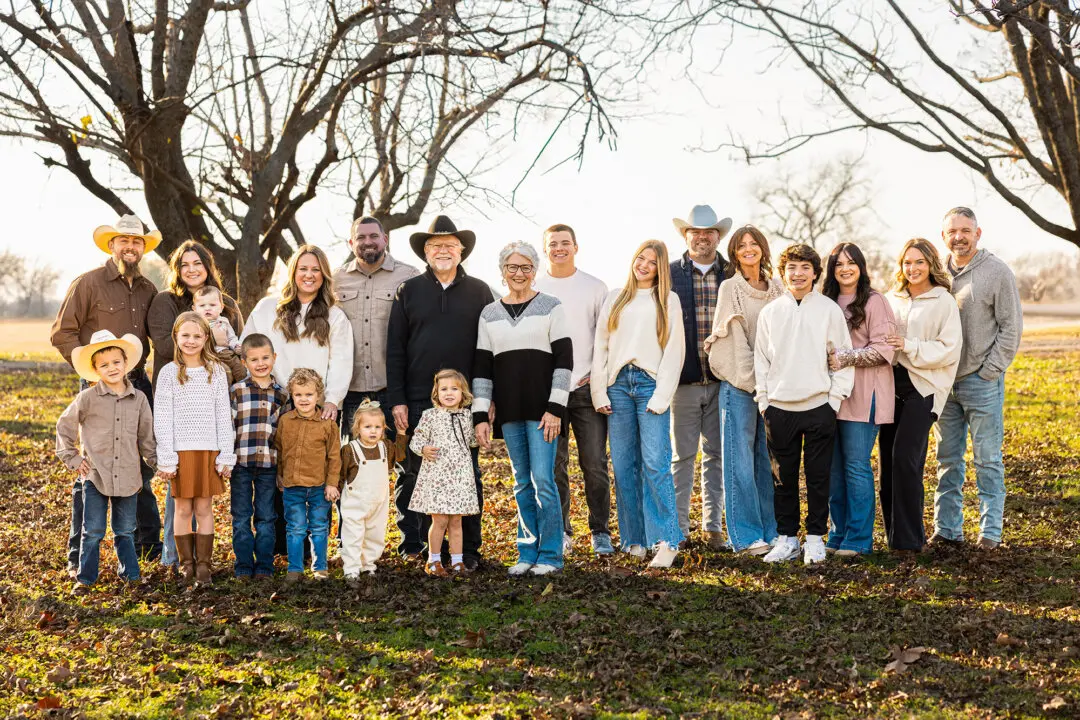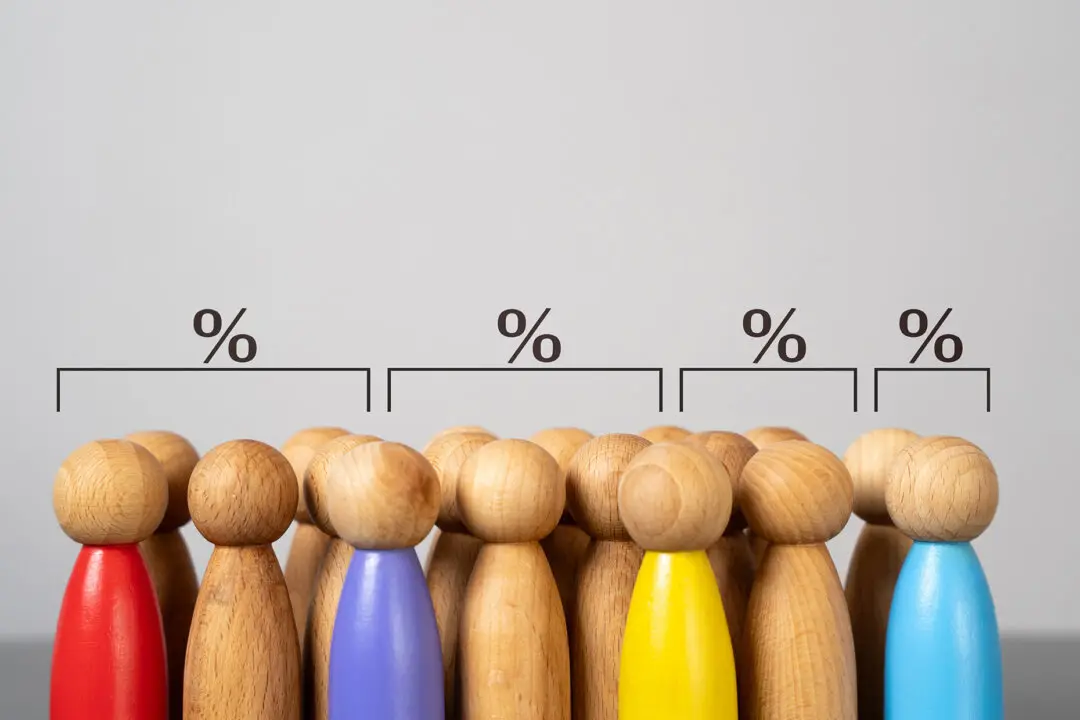Today, having a large family is a countercultural act. In the space of just a few generations, families abounding in children moved from being the norm to being the exception—an exception that will draw long looks from strangers at the grocery store. What was, not so long ago, an ordinary occurrence now marks out parents with more than two or three kids as cultural oddities.
In a somewhat puzzling trend, at the same time that affluence and standards of living have increased dramatically, people’s desire to reproduce seems to have decreased at just as rapid a pace. One might think that, as one of the richest societies in human history, the modern West would welcome lots of children with the confidence that there are plenty of resources to go around and with the desire to share our comfortable material existence with future generations. But that isn’t the course we’ve taken.






